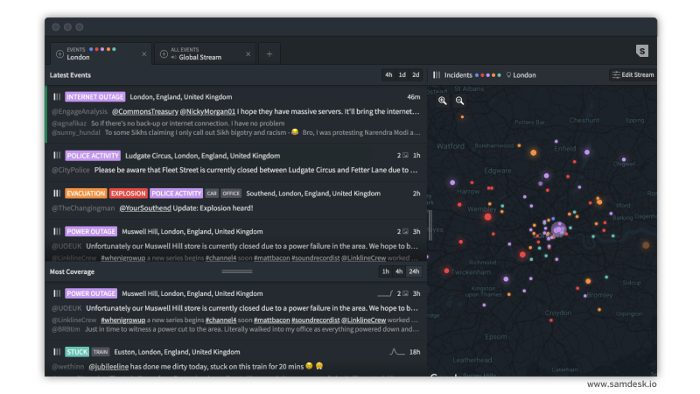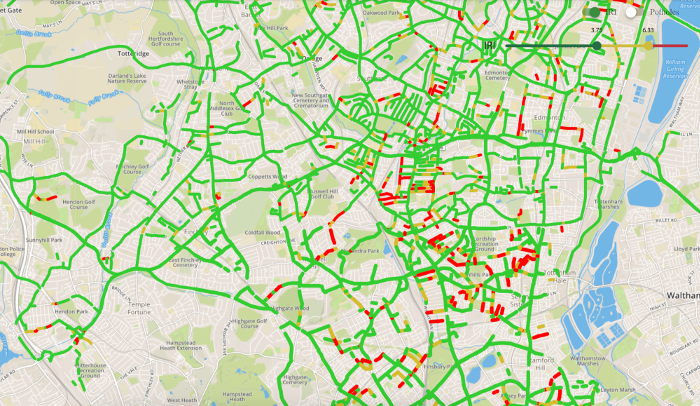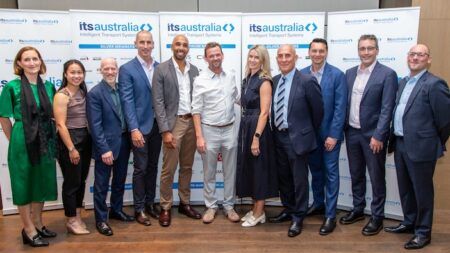Transport for London (TfL) has announced the winners of its London RoadLab innovation challenge that aims to develop new technologies that could help to make the UK capital’s roads safer and smarter during roadworks.
Working in partnership with Plexal, the innovation center based at Here East and utility companies, developers were invited to pitch ideas for tackling some of the biggest problems caused by roadworks last year. Nine innovative solutions were shortlisted and awarded £20,000 (US$25,140) each. They joined a 10-week program and worked closely with subject matter experts across TfL, London Councils and the utility companies to further develop products that could have a positive impact across the capital. Following the development program, four products have been chosen to be taken through to the contract negotiations stage with a total value of up to £2m (US$2.5m).

The RoadLab challenge winners are:
- Immense Simulations – Developing an automated way of modelling the impacts of roadworks before they are done, which will improve the flow of traffic and reduce disruption. This modelling is traditionally a very time-consuming process;
- Mobilized Construction and Route Reports – Two different solutions that fit internet-enabled devices to TfL buses and Dial-a-Ride vehicles and collect data on road quality. This would allow TfL to identify where the road surface is wearing out in real-time and would make it much easier to predict where maintenance will be needed ahead of time. This data could also help the London Boroughs with their highway maintenance activity;
- SAM – Using artificial intelligence (AI) to monitor social media to identify incidents and emergency events on the roads. This could make it easier for TfL to respond to incidents more quickly.

The London RoadLab program is the first time TfL has used an innovation partnership procedure, a new way of working with the private sector that allows the agency to find ways of tackling some of the biggest challenges facing the capital. This procedure has been developed to make it easier for the public sector to encourage innovation from start-ups or large companies without hampering competition or transparency. The program was funded by TfL’s Lane Rental scheme, which charges utility companies to ‘rent’ road space whilst performing maintenance work. The other five shortlisted solutions were also of interest and TfL will continue discussions with Oxford Plastics which produced road barriers that could improve safety on the road, and RSK which demonstrated an innovative solution to detect water leakages underground prior to any digging takes place.
“We’re working closely with partners across London to make the capital one of the world’s smartest cities and these projects all have the potential to make a real difference to the safety and efficiency of roadworks in London,” commented Michael Hurwitz, TfL’s director of transport innovation. “London RoadLab is a completely new way of procuring for TfL and we’re excited to see these products in action on the capital’s streets, helping to tackle congestion and making our roads safer, and smarter.”





